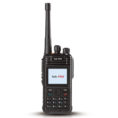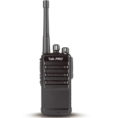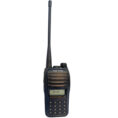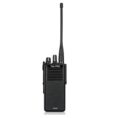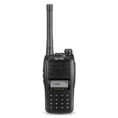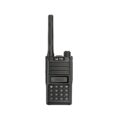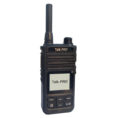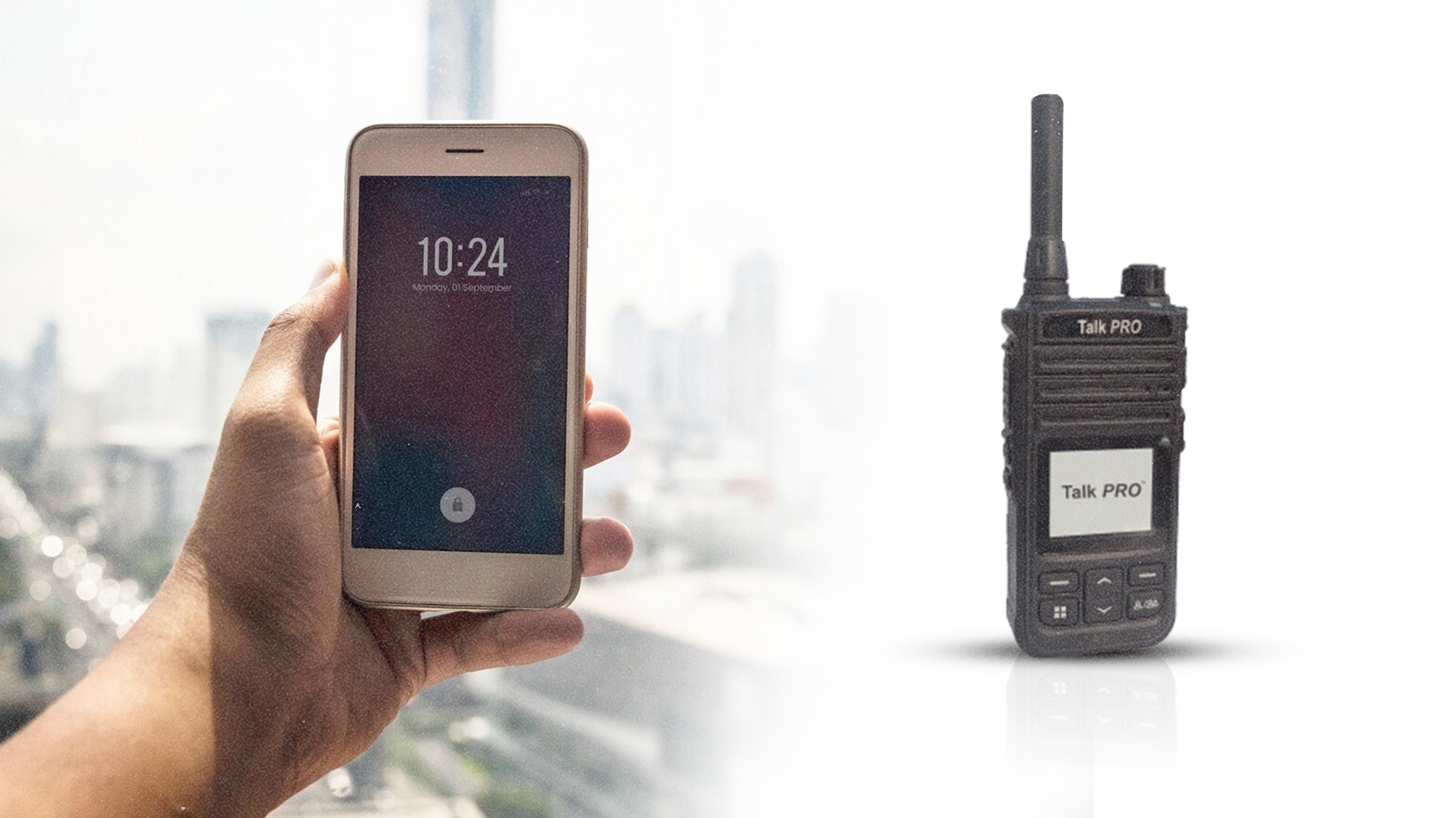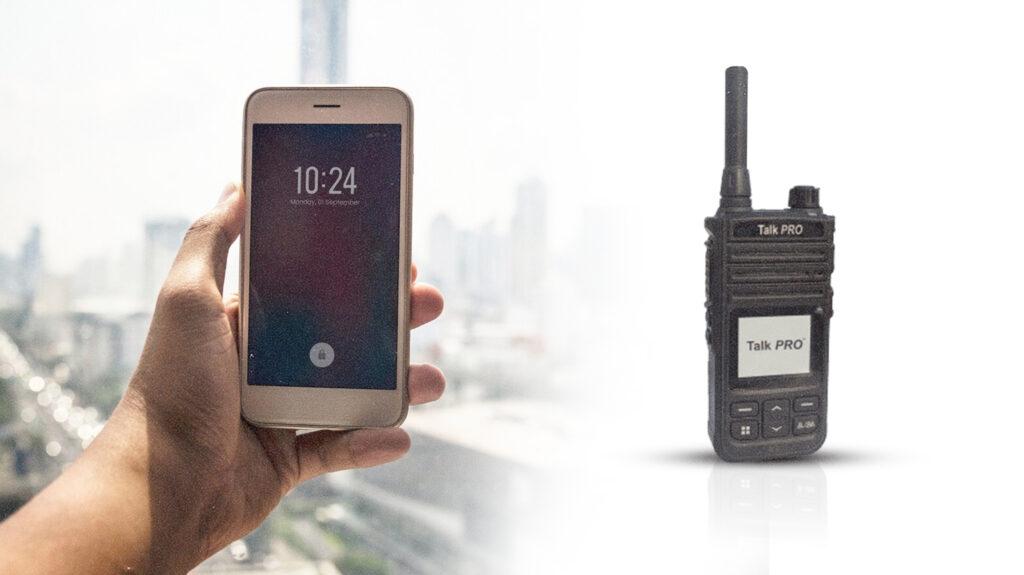In our fast moving world, mobile phones play an vital role in communication in various sectors as well as in our day to day lives. But walkie-talkie still remain an indispensable mode of communication in the era of mobile phones. Let’s take a look at which one would be more effective for business communication.
Walkie Talkies vs Mobile Phones
1. Walkie talkies
Walkie-talkies are perfect for organizations that need real-time coordination because of their instantaneous communication capabilities and reputation for dependability. Because they use specialized frequencies, they can communicate without interference even in busy spaces. Walkie-talkies are useful tools for improving productivity and safety in a variety of industries, including construction, event planning, and security.
2. Mobile phones
Mobile phones are essential to corporate communications in India. They provide voice calls, messages, emails, and multimedia sharing. However, they can struggle in remote areas with weak signals. On the other hand, walkie-talkies provide reliable and fast communication and ar designed to perform in challenging situations. Their durability and simplicity make them ideal for environments such as construction sites and large-scale events, ensuring a dependable connection where mobile phones may fail.
3. Cost Considerations
When considering the cost, Walkie-talkies are often more economical than cell phones. Generally there are low upfront costs. This makes it a budget-friendly option for companies. Walkie-talkies don’t have subscription fees like cell phones do. This is especially useful for large groups that require frequent communication. Although future expenses like replacing and up keeping the building. However, overall walkie-talkies provide the best value in the cost for organizations that wish to control their communications expenses.
4. Reliability and Coverage
Walkie-talkies are a more reliable option in situations where cellular networks may be down or unavailable. Unlike mobile phones, they depend on mobile phone infrastructure and can be affected by coverage issues or network failures. The walkie-talkie works independently of such networks. This makes them especially useful in remote or remote locations where network coverage is limited.The ability to communicate consistently in these environments often makes walkie-talkies a preferred choice over cell phones.
5. Compliance and Security
When selecting communication devices, businesses in regulated industries like healthcare, finance, and defence must take compliance and security regulations into account. Digital walkie-talkies in particular provide secure communication protocols and encryption, guaranteeing data privacy and regulatory compliance.
For enterprises in India, both walkie-talkies and cell phones offer valuable communication options, each with its own strengths. Mobile phones provide a range of communication features, including emails, text messages, and multimedia sharing, offering greater versatility. In contrast, walkie-talkies are known for their reliability and instantaneous communication, especially in challenging environments. They also often include enhanced security features for handling sensitive data.
Ultimately, the choice between walkie-talkies and cell phones depends on the specific communication needs, budget constraints, and regulatory requirements of each company. Businesses can weigh the benefits and limitations of each option to select the communication solution that best supports their productivity, teamwork, and success.


